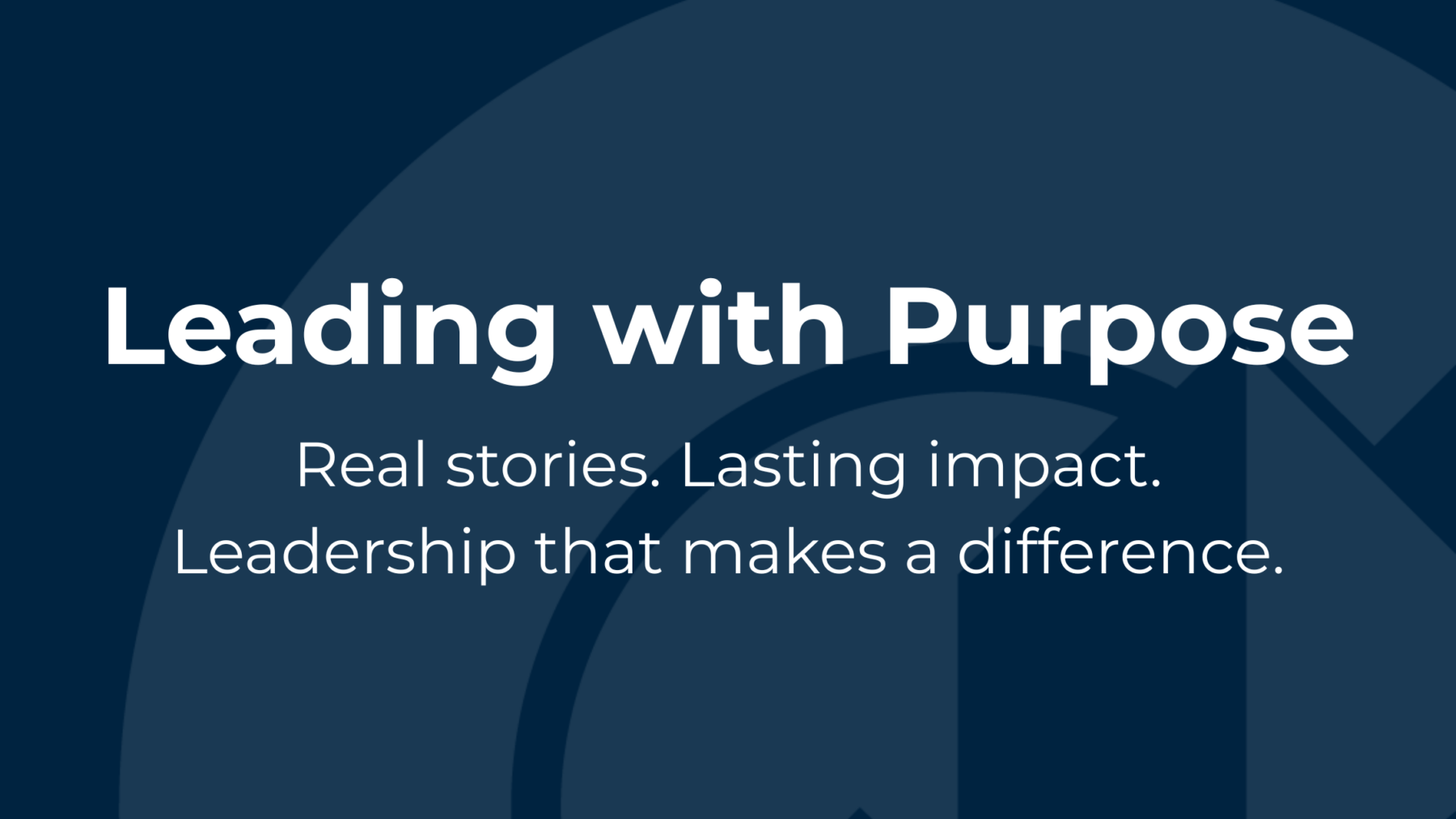This week in policy:
While this legislative session has already covered an array of topics ranging from transportation and taxes to pollution and COVID-19 vaccines, the legislature has a limited number of tools to sway those impacted by certain bills.
As a business community, the tools we pay the most attention to are the incentives and deterrents, or carrots and sticks, that directly impact businesses.
? Carrot: Senate Bill 193 creates the industrial and manufacturing operations clear air grant program. This program creates a fund of grant money to be awarded to private entities, local governments and public-private partnerships for voluntary projects to reduce pollution from manufacturing and industrial plants. It also creates grant programs for local governments that are advancing the adoption of electric bicycles, for public and private entities decommissioning diesel trucks and for school districts electrifying school buses.
This bill is offering a carrot to private entities, local governments and public-private partnerships to encourage ideas and advances that improve air quality. With the state hoping to expedite green initiatives, we believe it is more effective to further incentivize the transition rather than to penalize the status quo. The Chamber supports Senate Bill 193 because it is not another stick for businesses in the form of mandates or fees, but a carrot that incentivizes the business community to innovate.
? Stick: House Bill 1244 creates a new program to regulate a subset of air pollutants, referred to as "toxic air contaminants", which are defined as hazardous air pollutants, covered air toxics and all other air pollutants that the Air Quality Control Commission designates. House Bill 1244 would make Colorado a national outlier by divorcing our state from the federal Clean Air Act. By being more aggressive on air quality standards and enforcement mechanisms, we put every Colorado business at a disadvantage compared to their national counterparts operating on a different set of rules.
The legislature has taken this approach on solving Colorado’s road congestion when trying to rewrite last year’s disastrous Employer Traffic Reduction Program rulemaking
? Carrot: We supported House Bill 1026, which incentivizes and aids employers in providing alternative transportation options for their employees. It does this through offering tax credits for organizations that provide their employees with alternative transportation options.
? Stick: House Bill 1138, which the Chamber opposed, created mandates and regulations for companies regarding alternative transportation options for their employees. We firmly believe that the stick approach of clean commute mandates would have been a burden on employers at a time when many are already struggling. This bill died in the House Finance Committee.
We’ve also seen carrots and sticks around energy efficiency developments.
? Carrot: House Bill 1282 creates the innovative housing incentive program and enables businesses that manufacture housing stock to apply for funding if they meet certain criteria around affordability, build location and energy efficiency. The bill appropriates $40 million to help developers build qualifying stock. We support this bill because it incentivizes developers to access vital state funds so Colorado's workforce can afford to live and work in the state, and it advances the energy efficiency of our housing supply.
? Stick: House Bill 1218 places electric vehicle standards on commercial buildings and multifamily residences by requiring electric vehicle charging stations for at least 10% of their parking spaces if the building is 25,000 square feet or more. When the market is already trending toward electrification, enshrining a mandate on developers limits their flexibility and requires them to make this transition in advance of their own strategic timelines.
While we understand that regulations, mandates and sticks have their place in legislation, the carrots invite the business community to innovate, partner and meaningfully engage on issues. With only a handful of weeks left in this legislative session, we're expecting to see some more carrots and sticks from the legislature.
Legal Advisory Committee Claims a Win
Last session, Senate Bill 21-176 Protecting Opportunities and Workers’ Rights Act (POWR) started an important but controversial conversation about workplace standards. The Chamber opposed this bill over concerns that the proposed new legal standard was untested, subjective and would result in a wave of litigation and costs for workplaces without a culture of harassment. We worked closely with members of our Legal Advisory Committee to provide thoughtful feedback to bill sponsors, so that employees can have meaningful workplace protections without asking businesses to define these new legal standards through lawsuits. Ultimately, we could not find a workable compromise and the bill died.
This session, lawmakers attempted to rework this bill to be more palatable and practical for the business community. After months of sitting at the stakeholder table with bill sponsors, we failed to reach a compromise that would not lead to a cascade of litigation. POWR will not return to the hopper this year.
Instead, a bill that clarifies existing protections should be introduced in the days to come. This worker protections bill expands protections to people who perform domestic work; gives people more time to file charges on the grounds of discrimination or unfair employment practices; and will make remedies for discrimination based on age congruent to other protected classes.
We are deeply grateful to have been invited to the negotiating table, and we will continue to show up to those negotiations in a good faith attempt to create legislation that makes Colorado a better place to work and do business. Though a compromise was not reached this session, we are also grateful for the legal support we received to mitigate any unintended consequences this legislation might have had.
Join the Chamber's Advocacy Network!
We work to keep our members informed about impactful policy and create opportunities for them to take a stance. However, in today’s political and policy climate, it is important to show lawmakers the people behind the businesses they are affecting.
In addition to policy email updates, the Chamber has a new action platform that allows the unique voices of the business community to be heard across the state.
Sign-up to join our advocacy network to help us promote investment, job creation and a competitive business climate in the Colorado and Metro Denver region.
Here are the bills we took a stance on this week.
Support
- House Bill 1350 creates the regional talent development initiative grant program in the Office of Economic Development. This program funds talent development initiatives statewide to meet regional labor market and workforce development needs. We applaud efforts to develop our talent pipeline and provide grants to keep our workforce competitive and resilient for many years to come.
Oppose
- House Bill 1346 allows the department of regulatory agencies to employ licensed or unlicensed workers with substantial work experience in the electrical, plumbing or construction industry to conduct compliance checks. The current ratio requirements allow this industry to produce well-trained professionals in an efficient manner, and we find this new ratio to be a major hindrance to workforce development.
- House Bill 1348 regulates the disclosure of certain chemical information that is used in downhole oil and gas operations in conjunction with a chemical disclosure website that is required by the oil and gas conservation commission to report chemical information to the public. This bill is duplicative of other regulations and standards that are already set in place with the Department of Public Health and Employment.
- House Bill 1355 requires the Colorado Department of Public Health and Environment to select a third-party nonprofit to implement and manage a recycling program that services covered entities in the state. We are concerned this legislation will increase the cost of consumer goods and significantly disadvantage Colorado businesses competing with out of state producers. We believe this raises constitutional questions about mandatory participation in nongovernmental programs, and we are concerned that such a precedent could have consequences for many industries.
Testimony
- Senate Bill 159 | Revolving Loan Fund Invest Affordable Housing | Support Testimony
- House Bill 1100 | Prohibit Discrimination COVID-19 Vaccine Status | Opposition Testimony
- House Bill 1244 | Public Protections From Toxic Air Contaminants | Opposition Testimony
- House Bill 1355 | Producer Responsibility Program For Recycling | Opposition Testimony
Read our justifications for these positions and more on our current legislation page.
Have questions or concerns about policy? Contact our Government Affairs team.



